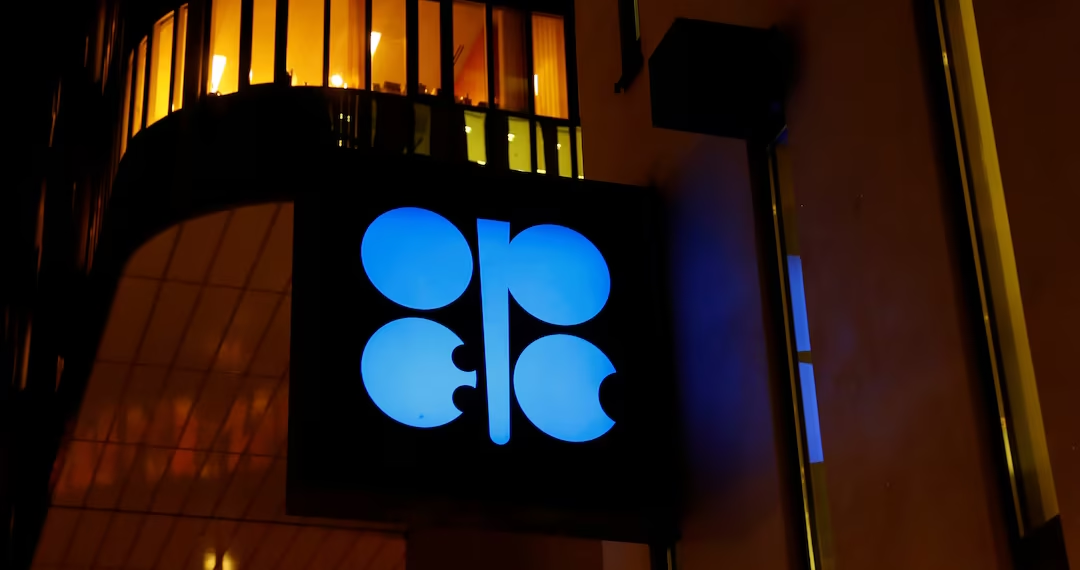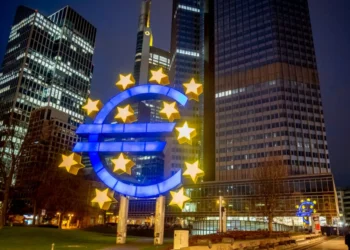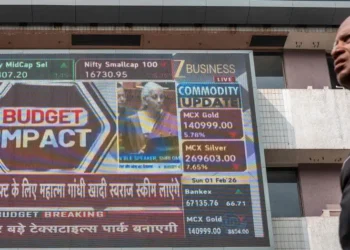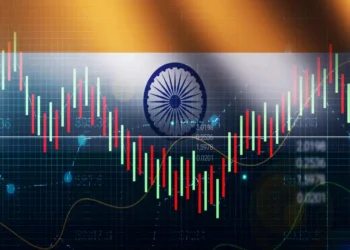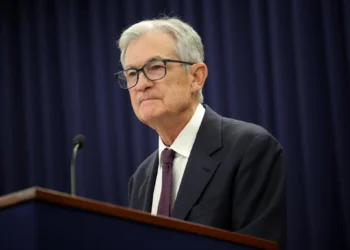VIENNA (Realist English). The OPEC+ alliance has decided to pause its oil production increases in the first quarter of 2026, responding to growing concerns about a potential global oil surplus.
Eight member states — led by Saudi Arabia and Russia — confirmed on Friday that they would proceed with a modest 137,000 barrels per day (bpd) increase in December, but suspend any further additions in January, February, and March.
In a statement, the group cited “seasonal factors” for the decision, noting that oil demand typically weakens in the first quarter following the holiday period, when refineries conduct maintenance and global consumption dips.
OPEC+ members have gradually expanded production quotas throughout 2025, adding a total of 2.91 million bpd, roughly 2.7% of global oil demand, but have slowed the pace of increases in recent months.
The planned December rise follows smaller adjustments in October and November, reflecting producers’ caution after several forecasts warned of an impending oil glut in 2026.
Last week, Shell CEO Wael Sawan warned that “there is a credible scenario of oversupply in the market next year,” echoing concerns from other industry executives.
Sanctions cloud Russian supply outlook
The restrained approach also suggests that OPEC+ does not expect large volumes of Russian oil to be removed from global markets despite the latest U.S. sanctions.
At the end of October, Washington imposed measures targeting Rosneft and Lukoil, Russia’s two biggest oil companies, as well as secondary sanctions on financial institutions conducting transactions with them.
Oil prices, which had fallen to a five-month low near $60 a barrel before the sanctions, have since recovered to around $65.
According to estimates by Energy Aspects, between 1.4 million and 2.6 million bpd of Russian crude exports could be affected, with India expected to face the sharpest reduction in supply.
Still, analysts remain doubtful that the sanctions will significantly disrupt Russian exports, citing the extensive shadow fleet and payment systems Moscow has developed since 2022 to evade restrictions.
“Crude export numbers look steady for now because that oil was produced weeks ago,” said Jorge León, head of geopolitical analysis at Rystad Energy. “The real impact will become visible in three to four weeks.”
León added that the OPEC+ move was “a calculated pause”, aimed at balancing market stability with uncertainty created by the sanctions.
“Sanctions on Russian producers have added a new layer of unpredictability,” he said. “The group knows that overproducing now could backfire later if Russian exports suddenly fall.”
Global oil traders said the decision underlines OPEC+’s strategy of cautious management, keeping prices within a $60–70 per barrel range as the alliance navigates weaker demand growth and heightened geopolitical risks.


